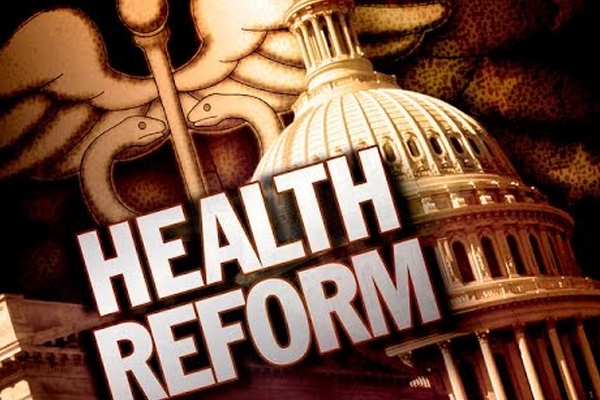
In the coming weeks, the U.S. Senate is poised to vote on a health care bill that would have profound impact on access to health care for tens of millions of people. Senators need to do the right thing for their constituents, and for our country by resisting the proposed legislation that would dramatically cut federal support for health care for the most vulnerable Americans.
Last month, the House narrowly passed the American Health Care Act of 2017 after weeks of back-and-forth where Republicans struggled with the legislation. The reason for their concern is that the bill lacked support. Indeed, a recent Kaiser Health Tracking Poll indicated that 55 percent of Americans have an unfavorable view of the proposed law; 31 percent had a favorable view.
The unease surrounding the AHCA is justified: It has insurmountable flaws. According to the nonpartisan Congressional Budget Office, the bill that passed the House would increase the number of uninsured people by 23 million and cut $834 billion out of Medicaid by 2026. The cuts to Medicaid would devastate a program that helps not only low-income individuals, but also children, pregnant women, people who are disabled or in long-term care and others across the demographic spectrum.
Those who lead the hospitals have to know first-hand that comprehensive, affordable coverage is essential if the patients to be stable, continuous care that leads to better health outcomes. The nation's health system works best when patients have regular access to preventive care so that chronic conditions do not become emergencies.
The program at most immediate risk is the threat to repeal the expansion of Medicaid under the Affordable Care Act. In Illinois alone, the expansion covers over 680,000 previously uninsured people. Estimates are that nearly 1 in 10 veterans received coverage through the Medicaid expansion, making Medicaid a vital source of care for those veterans who are not entitled to health insurance through the Department of Veterans Affairs.
Unfortunately and inexplicably, Medicaid is not recognized broadly as a successful and efficient program, with expenses that have increased an average of only 2.8 percent a year per enrollee —substantially lower than the growth of 4.8 percent for Medicare and 6.2 percent for private health insurance. Broad Medicaid coverage also has the potential to save money because those who have coverage are healthier when they turn 65 and transition to Medicare.
In addition, the economic impact in the community of having financially successful hospitals cannot be underestimated. The Association of Academic Medical Colleges said the combined economic impact of its members totals more than $587 billion and accounts for nearly 3.5 million jobs nationwide. That is in addition to attracting renowned researchers and driving the medical innovations that improve patient outcomes or treat diseases.
Chicago Homeowners To See Hike In Property Tax Bills
Mrudula Duddempudi.







